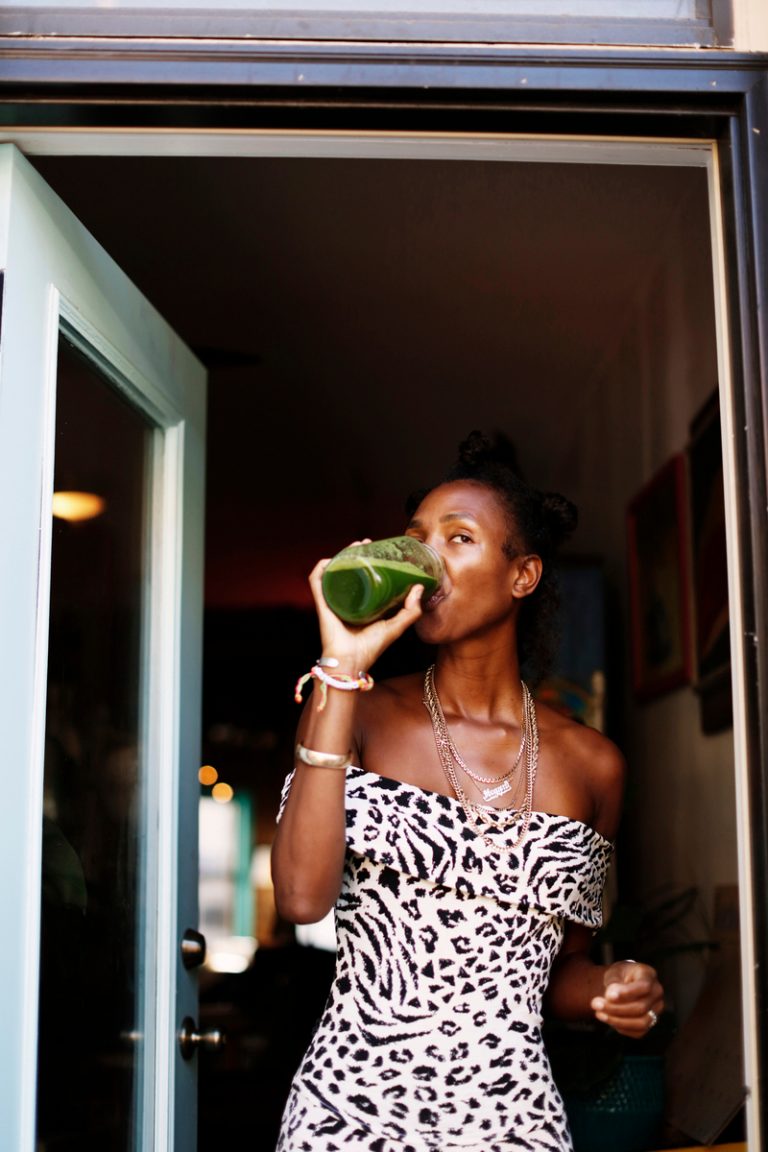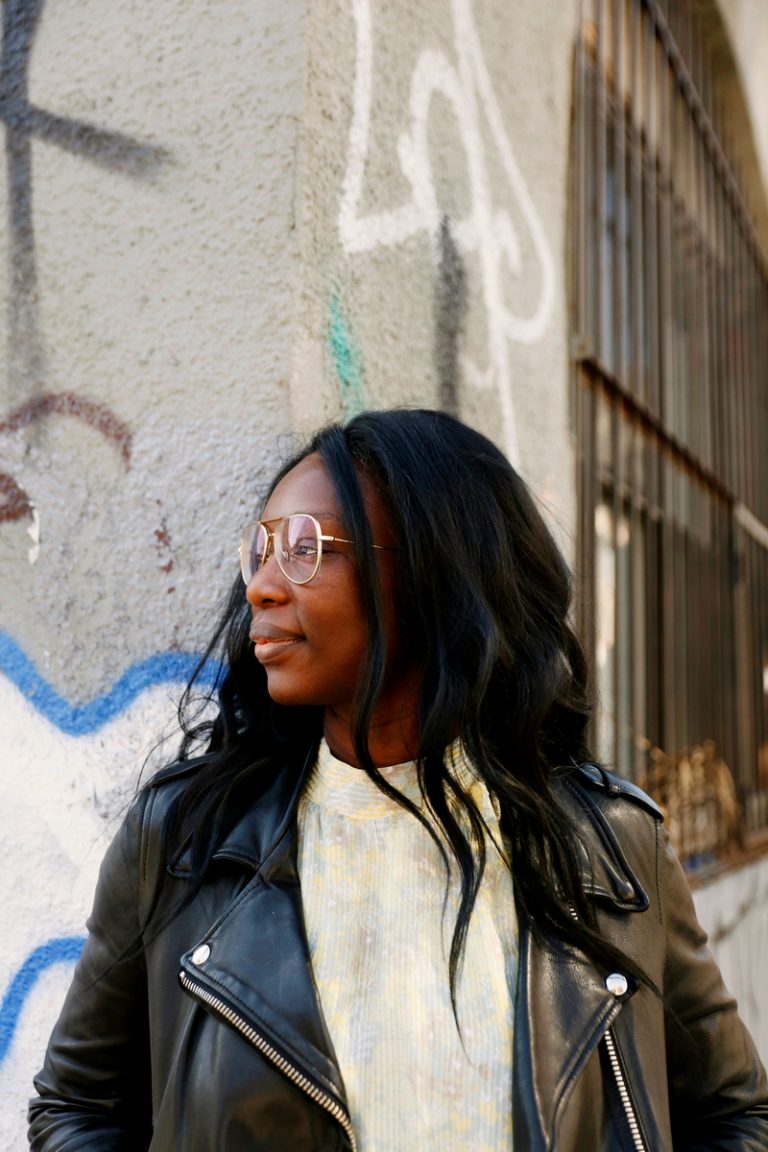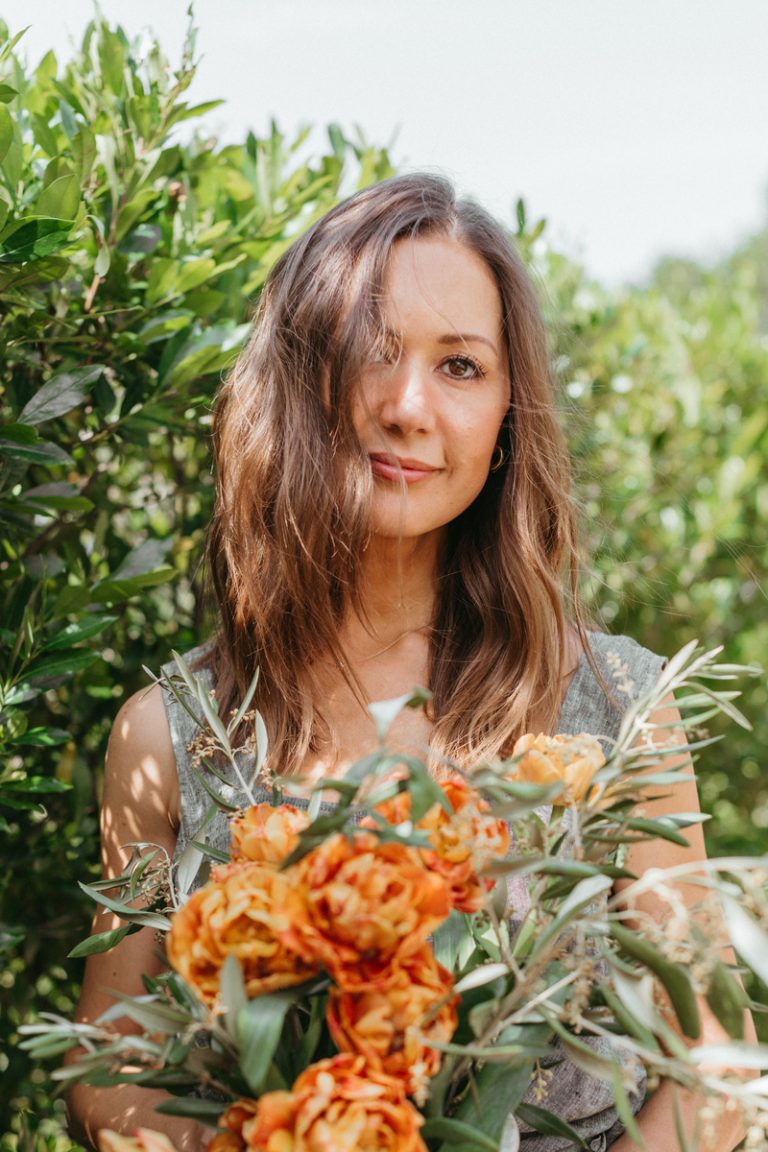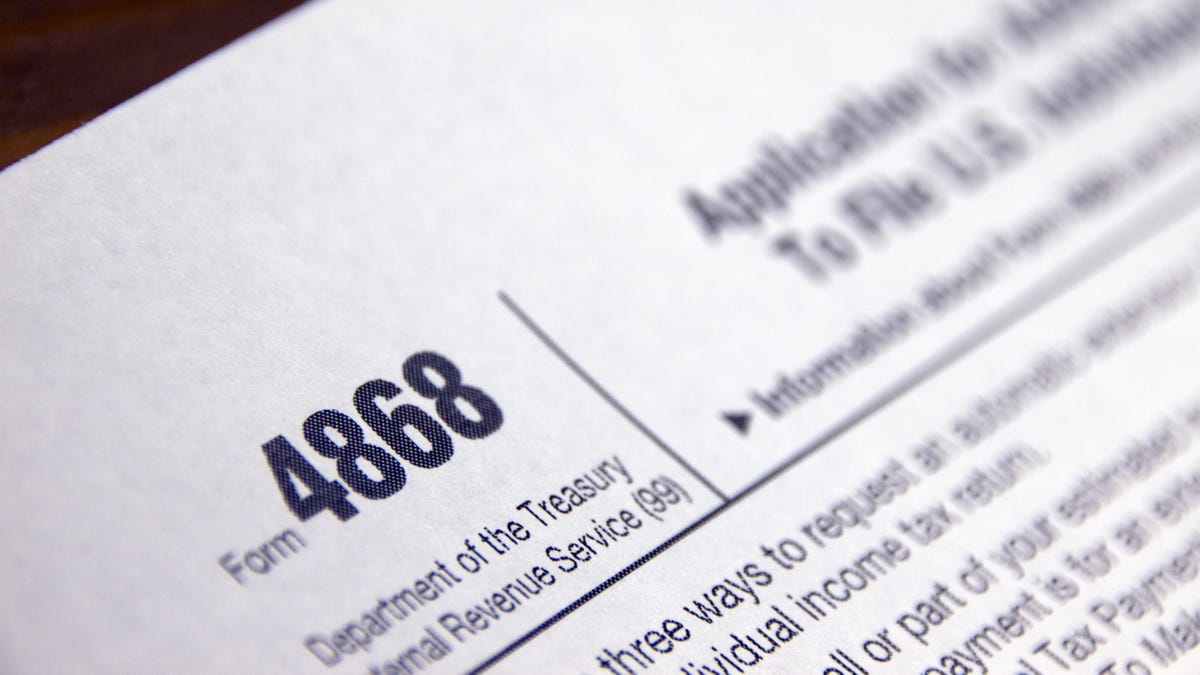Finally, a Nutritionist Shares the Best Hair Growth Vitamins for Longer, Stronger, Thicker Locks
Beauty from the inside out.

Often overlooked, hair health is one of the primary ways our bodies signal that something could be off. Before hopping back to your inbox or scrolling down to the best hair growth vitamins, take a second to think about your locks. Does your hair feel nourished or dull? How would you describe the state of your scalp? What about your hairline? Is your scalp dry? Hair thinning? As you answer these questions, keep in mind that everything from genetics and hormonal imbalances (hello, postpartum!) to stress and nutritional deficiencies can compromise your hair.
It’s also important to remember that we shed an average of 80-100 hairs every day. Additionally, during certain times of the year, we may notice an increase in shedding, especially in the coming fall months. This common phenomenon is known as seasonal shedding. At any rate, changes in your hair could indicate nutrition or lifestyle issues. A dry scalp, for example, could mean you aren’t getting enough healthy fats in your diet. Similarly, thinning hair could be caused by stress or a lack of protein on your plate.
Featured image from our interview with Megan Roup by Michelle Nash.
1 of 20

Subscribe
Get Breathing Space
A twice-monthly note from me to you. What's currently on my mind, in my cart, on my plate, and more. Drop your email to subscribe.
Thanks for Signing Up!
Oops!
Looks like you’re already signed up or your email address is invalid.
Oops!
Looks like you unsubscribed before click here to resubscribe.
What causes hair loss?
Without a doubt, you probably think about your hair on a daily basis. You’re either fretting over a bad hair day, in the midst of growing longer, stronger hair, or are considering an end-of-summer chop. Maybe, you’re stressing over recent hair loss. If that’s the case, you might be missing clues that your hair is revealing about your health. After all, research shows that changes in your hair’s look, texture, thickness, etc. can be signs of underlying health conditions. Before jumping to any conclusions, chat with your doctor about any changes you’ve noticed.
In terms of what causes hair loss, along with other hair conditions, it varies. For example, hair thinning could be tied to a thyroid disease. In essence, hypothyroidism can cause hair shedding, as well as a change in hair appearance. Anemia, another health condition, can be a sign of low iron stores, thus impacting hair health. And while it’s not completely understood why low iron causes hair loss, iron is critical for many biological reactions. From a nutrition standpoint, diet matters. Certain foods—like avocados, eggs, lentils, salmon, and seaweed—can support your hair’s luminosity, strength, and thickness.
2 of 20
Postpartum Hair Loss
Common for many mothers, the postpartum time period is often correlated with hair loss. During pregnancy, the body experiences soaring estrogen and progesterone, which causes hair to remain in an ongoing stage of growth. As hormones level out in the months following childbirth, changes in hair thickness can occur.
Rest assured that postpartum hair loss is both normal and temporary. It’s actually a change that is unrelated to breastfeeding. Most women will return to their usual hair growth cycle between 6-12 months after giving birth. If you’re a new mom and are noticing dramatic hair loss, that’s also common. If you have any concerns, discuss them with your doctor. Otherwise, continue to eat nutrient-dense foods, incorporate self-care when possible, and continue taking your prenatal vitamin.
Hair Wellness Begins on the Inside
If take one thing from this article, make it this: hair wellness starts internally. Yes, products can transform your hair, revitalize your locks, and re-introduce a healthy scalp, but nothing compares to a diet rich in key vitamins and nutrients. Unfortunately, the Standard American Diet (SAD) lacks essential nutrients—but armed with an understanding that eating whole, minimally processed foods is ideal, you’re on your way to establishing healthy locks. And while eating foods that promote hair growth is important, adding a daily supplement will further support your hair growth goals.
3 of 20
Important Ingredients in Hair Growth Supplements
The right hair growth vitamins can help nourish your hair from the inside out, resulting in a faster growth rate and thicker, more nourished strands. An effective supplement can improve the length and condition of your hair, and as an added bonus, it can also improve your nails and skin.
When it comes to choosing the best hair growth supplement, you want to look for these key ingredients:
Vitamin A
A fat-soluble vitamin, vitamin A is in the same class as retinoids—a common ingredient in many beauty creams. Vitamin A is necessary for cell growth, and because hair has some of the most quickly replicating cells in the body, hair needs adequate levels of vitamin A.
B Vitamins
Vitamin B6, B7, and B12 are especially important for hair health. Biotin is a common B vitamin and probably one of the most popular supplements for healthy hair. In fact, not getting enough B vitamins can cause hair loss. Vitamin B12 deficiency has also been linked to hair loss and may be involved in the premature greying of hair.
Vitamin C
Vitamin C is a powerful antioxidant that helps protect against free radicals, and free radical damage can block hair growth. Additionally, our bodies need vitamin C to create collagen (a protein). Collagen is an important part of hair structure.
Vitamin E
Like vitamin C, vitamin E is a potent antioxidant. Vitamin E helps block free radicals at the hair follicle level, potentially helping maintain healthy locks in the long run.
Iron
Given that adequate iron levels are necessary for hemoglobin production, and hemoglobin is required to deliver oxygen to your hair follicle cells, iron is crucial for hair health.
Zinc
Research shows that zinc is a potential inhibitor of hair follicle regression, meaning that it plays a role in hair health. Zinc is involved in protein synthesis and cell division, two components of hair growth.
Protein
Last but not least, because hair is made almost entirely of protein, it’s an important ingredient in your daily supplement and/or diet.

Let’s Talk About Biotin
First of all—what is it? Biotin is one of the B complex vitamins. It helps convert food into energy. Like other B vitamins, biotin is water-soluble, so any extra biotin you consume will simply pass through your body when you urinate. Between 30-100 mcg per day of biotin is recommended. Most people get the daily recommended amount of biotin from eating a healthy diet (it’s present in eggs, milk, bananas, etc.), but adding a biotin supplement has no known toxicity symptoms associated with supplementing too much.
While the National Institutes of Health reports that there is still insufficient evidence to provide the efficacy of a biotin supplement, signs of biotin deficiency include hair loss, skin rashes, brittle nails, etc. The jury may still be out about its ability to deliver scientifically-proven results, but reviews on popular biotin supplements say otherwise. More on that, below.
At any rate, biotin is considered harmless if you take more than the RDA. If you notice more breakouts than usual after taking high doses of biotin, you may want to scale back. There isn’t a proven link between biotin and acne breakouts, but this micronutrient can reduce your body’s absorption of other nutrients (including ones that naturally help your body combat acne).
Toxic Ingredients to Avoid in Hair Supplements
When it comes to beauty, non-toxic (when possible!) is the way to go, and organic is always a plus. Luckily, there are a variety of clean supplements that help restore hair strength and luminosity on the market. You can find a full list of ingredients to avoid here, but these are a few harmful offenders:
Sulfates (cost-effective cleansing agents)Parabens (preservatives)Denatured alcohols (drying to the scalp)Synthetic fragrances (an array of potential irritants hidden in artificially-fragranced formulas)Formaldehyde (currently under investigation for potential safety concerns)5 of 20
How to Choose the Best Supplement for Hair Growth
When it comes to choosing the most optimal hair growth supplement, you want to look for clinically-backed products that have been tested for efficacy and quality. Keep in mind that most supplements take at least three months in order to build up stores of various vitamins, minerals, and compounds, so having patience is key.
Before buying a hair growth supplement, chat with your doctor or dermatologist. Get tested for any potential nutrient deficiencies and make sure you choose a supplement that won’t cause allergies or other adverse effects. Furthermore, read all labels and steer clear of non-natural or chemical ingredients. Ideally, the ingredients are plant-based and come from organic sources.
6 of 20
14 Best Hair Growth Supplements
Ranging from organic and plant-derived to unique, cutting-edge capsules, serums, and powders, there is no shortage of hair growth supplements on the market. Again, when taking a hair growth supplement, consistency is key. You may notice a difference in just a few weeks, otherwise it may take upwards of two months. Commit daily and let these clinically-backed supplements work their magic.
Every product is curated with care by our editors. If you buy something through our links, we may earn a small commission at no cost to you.
Shedavi Hair Growth Vitamins
It’s no surprise that this was voted #1 by The Oprah Magazine. Ethically-sourced, 100 percent vegan, and made with organic ingredients, each capsule contains a variety of nutrients necessary to promote hair growth and thickness from within. Shedavi collects botanicals from around the world to create a vitamin that supports longer, healthier, and fuller hair. It synergistically promotes hair health with herbs that contain B vitamins, minerals, fatty acids, and protein-building nutrients.
Vegamour GRO Biotin Gummies
GRO Biotin Gummies feature a proprietary blend of vitamins and minerals to help nourish the scalp and support healthy looking hair. These (strawberry-flavored!) gummies contain biotin, folic acid, and B vitamins to support the body’s production of keratin and collagen. In addition, they contain vitamins A, C, and E to help neutralize follicle-damaging free radicals. Last but not least, they have zinc to promote and maintain a healthy scalp.
Hum Nutrition Hair Sweet Hair
Formulated with hair-loving ingredients like biotin and folic acid, Hum Nutrition’s vegan berry gummies promote longer, stronger, and healthier hair. Along with traditional hair growth supplement ingredients, Hair Sweet Hair also contains Fo-Ti, an herb that is used in traditional Chinese medicine to help combat hair loss.
Vital Proteins Hair Boost
Well-known for their collagen supplements, Vital Proteins also offers Hair Boost capsules as part of their wellness line. Containing vitamins A, B6, B12, C, and E, this supplement supports healthier hair. Their clinically-proven, high quality ingredients include organic ashwagandha root extract, a blend of keratin support amino acids, saw palmetto, and more.
Act+Acre Plant Based Hair Capsules
This cutting-edge supplement is pioneering the scalp care industry. An innovative new product, Act+Acre’s proprietary and clinically-approved vegan formulation includes the key vitamins and minerals needed to give your hair the support and steady flow of nutrients it craves. They’re committed to clean and unique ingredients, like horsetail extracts (which are rich sources of silica to add volume and shine).
The addition of biotin promotes a healthy and consistent growth cycle and the combination of plant extracts and vitamins promotes hair growth, resilience, and visible strand thickness. In many ways, this hair supplement sets Act+Acre apart. Their products are cold-pressed, a unique method of manufacturing that consumes 90 percent less energy than conventional heat manufacturing.
Moon Juice SuperHair
First and foremost, bioavailable vitamins A, B, C, D, E, and K address many of the nutritional deficiencies that inhibit the growth of healthy hair. Second, organic adaptogens (ashwagandha and ginseng) help balance stress hormones that can contribute to hair loss. Third, they add follicle protectors (saw palmetto and pumpkin seed) to help inhibit the hair-destructive hormone, DHT. Last but not least, micronutrients from horsetail to kelp support hair texture and internal hormone balance.
Ora Beyoutiful Skin, Hair and Nails Support
Made with organic B vitamins, organic algae, and 1 billion probiotics, this supplement packs a powerful punch. It’s one of the most unique, plant-derived, and organic hair products available. Beyoutiful is a plant-based beauty vitamin to help support healthy glowing skin, hair, and nails. This supplement is particularly helpful for those on a plant-based diet who naturally have a difficult time getting in their B vitamins. Ora created a superstar lineup of organic ingredients to help protect against skin pigmentation, the appearance of wrinkles, and hair dullness.
Hair La Vie Clinical Formula Hair Vitamins
Each hair-supporting ingredient was chosen for its promising benefits on scalp and hair health. These vitamins provide a comprehensive blend of nutrients to help achieve the gorgeous volume, incredible shine, and rejuvenated health that your hair deserves. Their ingredients include reishi mushroom (an adaptogen), vitamin E, amla (a potent berry), flaxseed, bamboo stem, saw palmetto, hydrolyzed collagen and more.
Nutrafol Women’s Balance Hair Growth Supplement
This product helps combat the effects of stress, environmental toxins, metabolism, and nutritional changes—which can all impact hair growth. Backed by clinical evidence, 76 percent of women saw thicker hair after six months and 100 percent showed visible improvement in hair growth after nine months. While results vary, Nutrafol is trusted by over 2,500 doctors and dermatologists. Their ingredients are sourced from all over the world, but Nutrafol is proudly made in the USA.
Nutrafol Hair Growth Serum
Unlike the other supplements included, this is a lightweight topical serum for women and men that combats dry, brittle, and thinning hair. It contains antioxidants and powerful plant nutrition that improves hair strength and minimize breakage.
FoliGROWTH Hair Formula
Made in Southern California, FoliGrowth uses patented ingredients with 5000mcg of biotin, saw palmetto, hyaluronic acid, choline, and more. Combining 28 herbs and vitamins, the FoliGROWTH vitamin complex assists in growing thicker, fuller hair.
Olly Ultra Hair
Olly’s multi-benefit, powerful blend works its magic with unique ingredients. Along with biotin, this supplement contains vitamin D, vitamin B12, keratin to help nourish hair, as well as silicon to aid in the formation of collagen.
Advanced Trichology DHT Blocker
Known for exceptional results in men and women with genetic hair loss, these supplements contain a unique formula to fight hair loss due to DHT. DHT is a hormonal imbalance, involving androgens (male sex hormones). Research shows that DHT can cause hair follicles to miniaturize, thus contributing to male pattern hair loss.
Wellbel Glamlab
Backed by science, Wellbel is formulated with essential vitamins, minerals, and phytonutrients. These vitamins support hair, skin, and nail health, from the inside out. Evidence-based, Wellbel only uses vegan, gluten-free, and non-GMO ingredients. These ingredients, like betaine HCL and saw palmetto, have been used in human clinical trials and published in peer-reviewed scientific journals.
This post was originally published on August 18, 2021, and has since been updated.

 JimMin
JimMin 
































